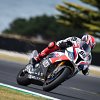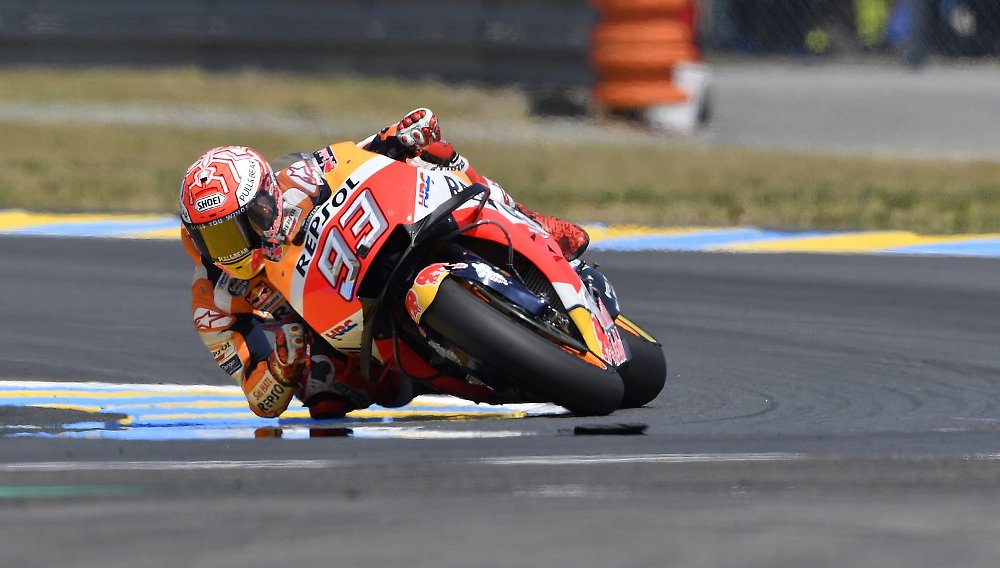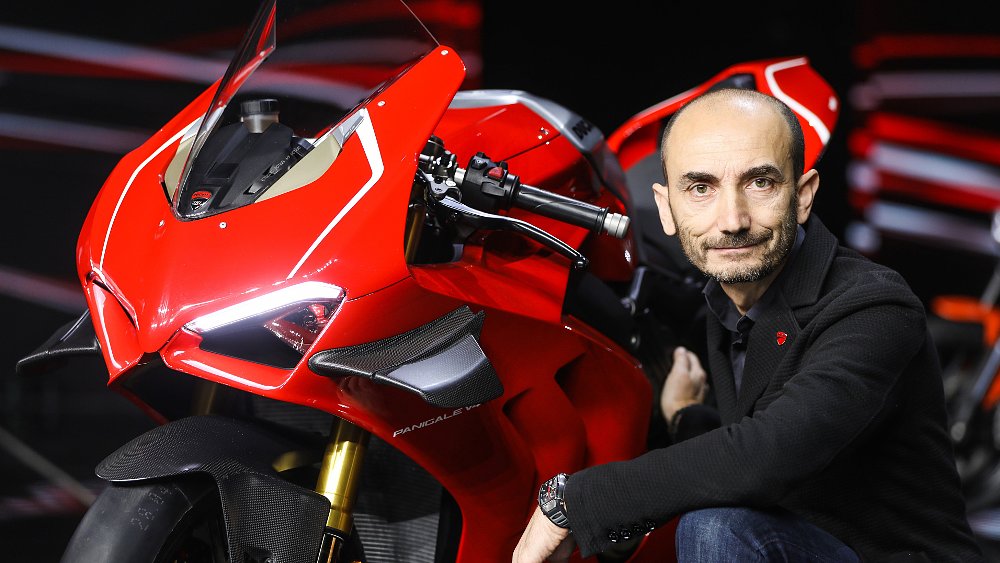Spring must be coming because Superbikes are back on track for real this weekend — this year with new contenders and a new exhaust note from the red Italians.
The Motul FIM Superbike World Championship has received a lot of criticism in recent years — often unfairly, in my opinion — as one team (the Kawasaki Racing Team) has won five of the last six titles and one man (Jonathan Rea) has won the last four. Rea may continue extending his record string of championships in 2019, but this season does look like it will provide a more interesting fight.
For the first time in Ducati's long and successful WSBK history, the company is campaigning a four-cylinder race bike, the Panigale V4 R. The bike looks strong and the Aruba.it Racing Ducati team has a new rider in MotoGP refugee Álvaro Bautista, who has steadily learned the new bike in preseason testing and now appears poised to challenge Rea and the Ninja. On top of that, there are some familiar faces in the paddock who are riding unfamiliar bikes and could shake up the order.
But let's start with the constant tinkering with the formula that seems to be an annual ritual with WSBK. In 2019, each weekend will have not two but three Superbike races.
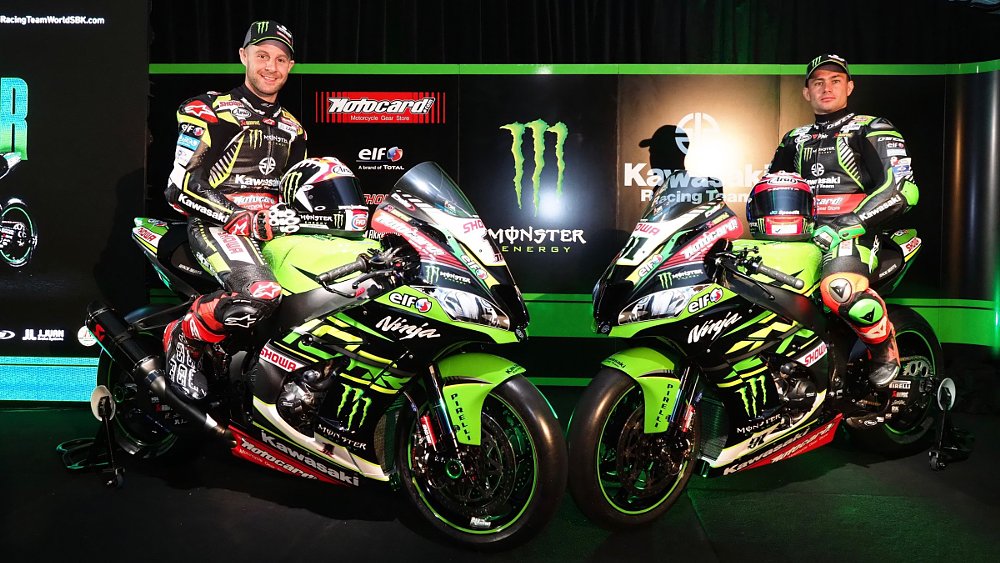
What's new with the series
The traditional two-race WSBK weekend has been changed again for 2019. On Saturday, a single qualifying session will replace the Superpole session and set the grid for Saturday's race. On Sunday, a 10-lap Tissot Superpole Race will set the grid for Sunday's full-length race. The sprint race will award points toward the championship but not towards historical statistics, so points totals will still be comparable to past years. While the two full-length races will continue to pay points to the top 15 finishers, including 25 points for the win, the sprint race will award points to the top nine finishers, with 12 points going to the winner.
With the addition of the Tissot Superpole Race, gone is the system introduced two years ago that put the top three finishers of race one on the third row of the grid for race two each weekend.
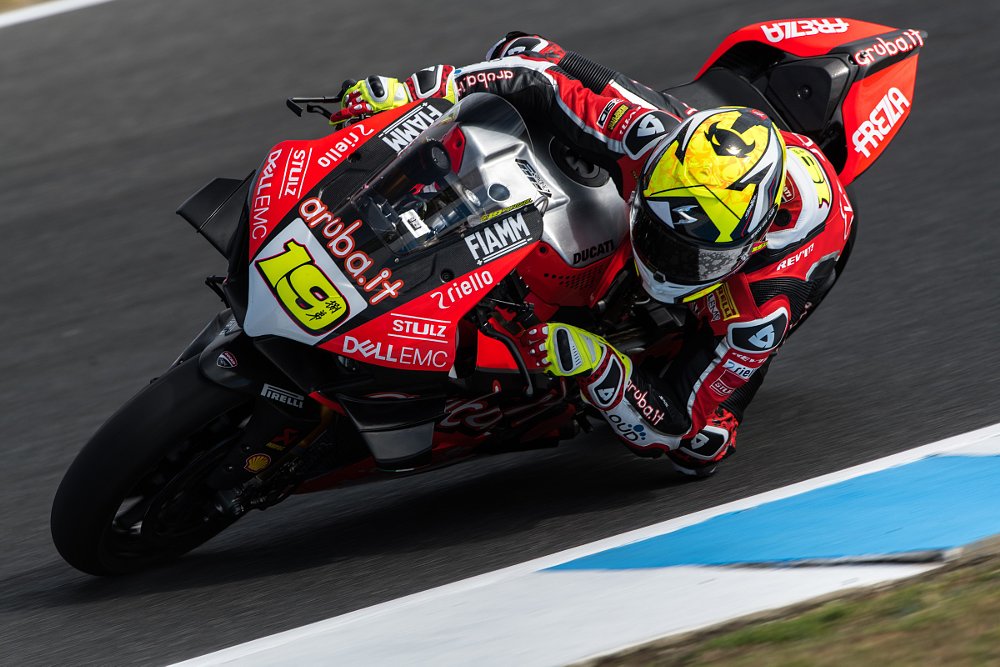
Who's new in the series
Enough about the rules (for now, anyway). Let's talk racing. Rea has been nearly unbeatable since he got on a Kawasaki. He's broken the record for most WSBK race wins and he became the first to win four titles in a row. One more will give him more total WSBK championships than Carl Fogarty, the former king of the series stats whose name Rea has been steadily demoting in the record books.
Rea faces a new obstacle this year, however. While it has been Aruba.it Ducati Racing's Chaz Davies who has most frequently challenged Rea in recent years, it's Davies' new teammate at Ducati, Bautista, who has everyone's attention after preseason testing.
Testing did not start that well for the Ducati team, as Davies has been hampered by a back injury and Bautista had to learn a new motorcycle. Track conditions (Spain) and weather (Portugal) were not optimal in the earlier tests, so this week's final test session at Phillip Island in Australia was all the more important for a team still dialing in a new motorcycle.
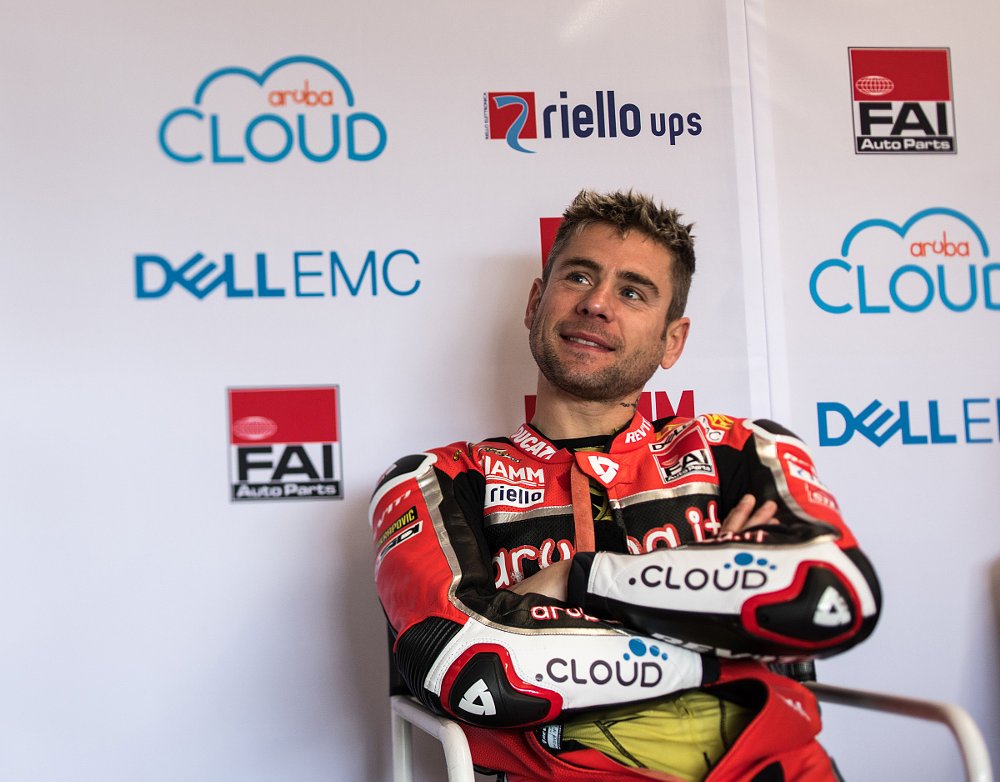
While the bad news is that Davies is still not up to full speed, the good news for Ducati is that Bautista has steadily gotten faster and more confident on the V4 R and finished the two test days this week not only with the fastest single lap time, but also having shown he can string together a long series of fast laps, which is a better predictor of race wins.
"I’m pleased because I kept a very good pace throughout the entire long run," Bautista said. "We’re ready to tackle the first race, and I can’t wait to start!"
Meanwhile, Rea finished fourth in the test at Phillip Island, but nobody at Kawasaki is likely to panic. He has led most of the preseason test sessions up until this week. Also, the beautiful seaside Australian track doesn't always tell us much about how the rest of the year will go. Last year, for example, Marco Melandri won both Phillip Island races on the Ducati, but he finished the season in fifth place and lost his ride to Bautista. (Melandri is riding a YZF-R1 for the GRT Yamaha team this year.)
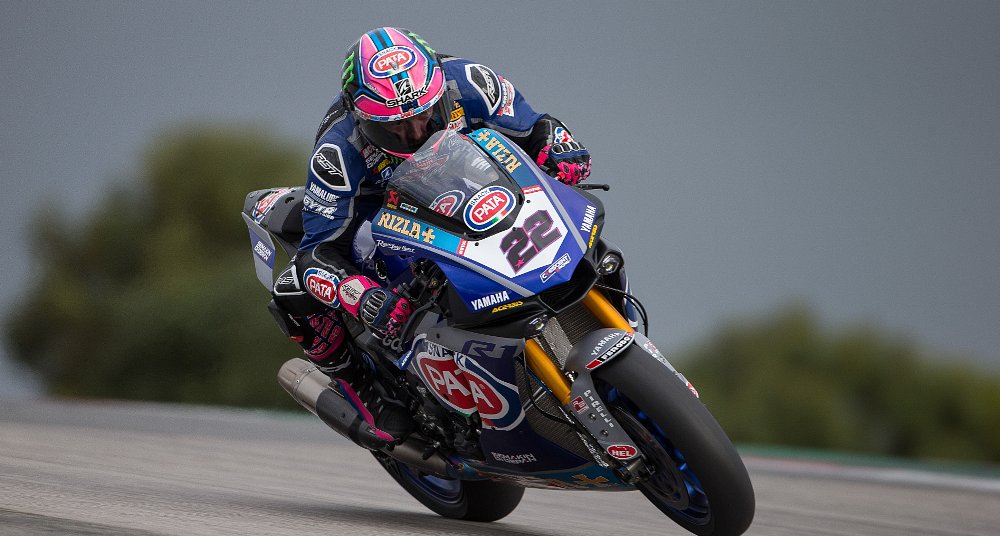
Some other players are likely to get into the mix, beyond the obvious contenders of Rea and Bautista, plus Rea's new teammate, Leon Haslam, and Davies, when he gets back to full fitness. Preseason conventional wisdom says that the rider most likely to break the Kawasaki and Ducati hegemony of recent years is Alex Lowes on the Pata Yamaha YZF-R1, who had one win in 2018. His teammate, Michael van der Mark, had two wins in 2018, doing the double at the UK round. After those three wins by the Yamaha riders, Rea closed out the season with 12 straight wins.
Another man to watch this year is 2013 champion and former teammate to Rea, Tom Sykes, who made a splash at this week's test by finishing with the second-best time. Sykes is now riding an S 1000 RR for the BMW Motorrad WorldSBK Team, and the bike looks competitive.
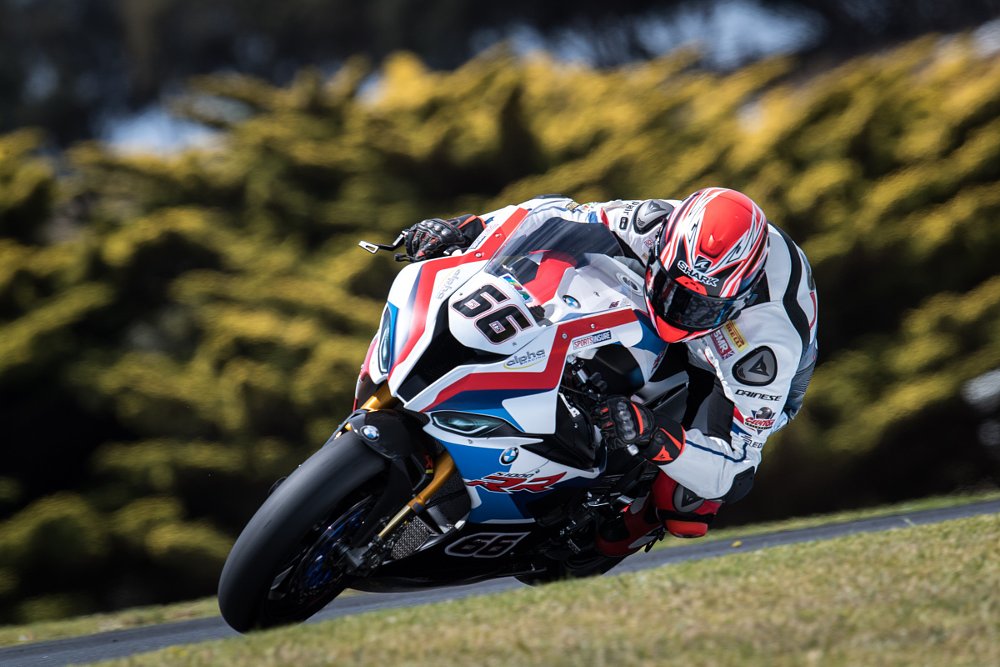
There's no compelling reason to bet against Rea extending his record run of championships. But after three decades of Ducati V-twins playing a leading role in World Superbike, the new Panigale V4 R already appears to be poised to carry on that tradition and perhaps improve on it — especially with a motivated former world champion coming into the series as the new gun in town.
The commentary portion of the preview
Every year, I wait with some trepidation to see how the organizers of WSBK are going to "improve the show." I was actually relieved when this year's tinkering amounted just to adding a sprint race to the schedule. I'm not sure how it's going to affect the championship, but it's better than the grid gimmick of two years ago.
I feel series organizer Dorna has gone too far in emphasizing that WSBK is second-class, compared to MotoGP, and has overreacted to Rea's success and fairweather fans who dismiss the series by saying, "Meh, the same dude wins every time. I'm outta here." Fans like that are just looking for an excuse to tune out because they're not really interested in the first place. They weren't destined to stick around no matter what.
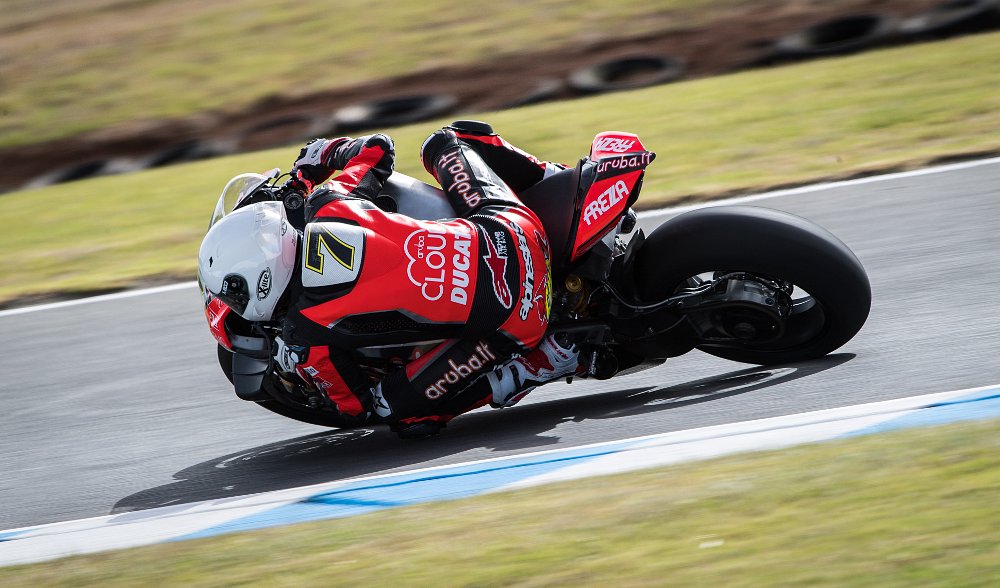
I've been on this rant before, so I'll keep it short. To me, the problem is exemplified by the following hyperbolic statement in the WSBK news release announcing the change to three races per weekend: "Nail-biting and enthralling races will be guaranteed as we welcome the WorldSBK weekend into a brand-new era..."
Problem: You can't guarantee anything in real sports, and by "real" I mean free and fair competition. Nobody can guarantee there will be a "nail-biting" conclusion to the World Cup finals or the Super Bowl or the Olympic men's downhill ski race or anything else that's truly sports because sometimes one team or one individual dominates.
You can guarantee a certain outcome if the spectacle is scripted. If I want something scripted and predictable, I'll go see a movie. If I want sports, I'll understand the outcome cannot be guaranteed — and that means sometimes it will be uneventful. Other times it will be magical or epic.
Just let 'em race, Dorna. Grand prix racing survived when Mick Doohan won five straight titles (yeah, fairweather fans complained then, too) and when Valentino Rossi won five straight, and WSBK will survive if Jonny Rea wins a fifth straight.
As long as you don't muck it up too much by "improving the show."









